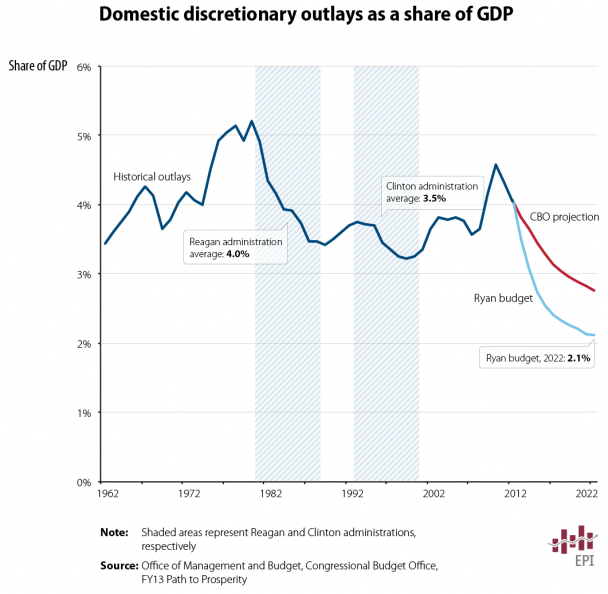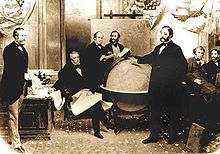
Your Bloguero has been busy. He went to town and secured not only his own financial future, but his membership in the (almost) 1%. Yes, your Bloguero joined the teaming, unwashed masses at the Mega Zillions machine. But there is one pertinent exception relevant to your Bloguero. It’s this. Your Bloguero is going to win the prize. It is a done deal. No equivocation. No doubt. Done. Your Bloguero has already won the prize. You and he have to wait a bit for confirmation, but as your Bloguero is so often told, the check, in this case a huge one, is in the mail. And your Bloguero’s belated career as a philanthropist is about to begin. Nobody knows this yet, except for you. But your Bloguero is fully expecting crushing crowds of people seeking his largesse and advice to assemble early tomorrow at his kitchen door right after they find out he won.
How did your Bloguero accomplish this feat? How did he escape the teaming, faceless masses and enter the uberrich? Well, you might ask. Very well, your Bloguero will tell you. First, your Bloguero donned his clown nose because winning zillions isn’t serious business. Nope. It’s all clowning around. It’s light, it’s easy, it’s joyful. It took a little work for your Bloguero to ferret out the nose from where it was hiding, but voila! He donned his classic, red clown nose. Ready to win. Listo! Second, your Bloguero donned his lucky, fuzzy Elmer Fudd hat. The hat that could be worn only by Ignatius Riley or Elmer Fudd. Or your soon to be Zillionaire Bloguero. Why? Because winning all of the cash is outrageous in the most delightful way. Millions of suckers people think erroneously that they have won, but there will be only one winner. All of those people realize this on some level. What they don’t realize it that the winner is your Bloguero. Your Bloguero is filled with gratitude to all of those who funded his success, especially all of those who will be eating Value Meals and Ramen noodles for the month of April because of their vain efforts to win money destined only for your Bloguero.
Your Bloguero gave his lottery ticket seller a few dollars and explained he wanted the winning ticket. It was that easy. Your Bloguero wondered, “Why am I wasting money? If I put a single, crumpled dollar bill, one I found under a couch cushion, into this event, I would win Zillions with that crumpled dollar. My pizza change would transform my life. But this isn’t about saving the unnecessary dollars I spent on the extra tickets. No. That $4 is going to be lost in an impending, vast sea of moolah, an ocean of green so wide that the other side has vanished.”
Your Bloguero loves the impending excitement, the breathless excitement that comes just before it is revealed to almost everyone’s complete surprise that your Bloguero is now ridiculously rich.
Your Bloguero is going to give away 90 percent or more of the winnings. He will tithe himself. The rest, the remaining $55million or so, is as good as gone. Your Bloguero is really looking forward to the giveaway. Your Bloguero wishes we could all win, but there you have it.
———-
cross posted from The Dream Antilles


 Russia was in a difficult financial position and feared losing Russian America without compensation in some future conflict, especially to the British, whom they had fought in the Crimean War (1853-1856). While Alaska attracted little interest at the time, the population of nearby British Columbia started to increase rapidly a few years after hostilities ended, with a large gold rush there prompting the creation of a crown colony on the mainland. The Russians therefore started to believe that in any future conflict with Britain, their hard-to-defend region might become a prime target, and would be easily captured. Therefore the Tsar decided to sell the territory. Perhaps in hopes of starting a bidding war, both the British and the Americans were approached, however the British expressed little interest in buying Alaska. The Russians in 1859 offered to sell the territory to the United States, hoping that its presence in the region would offset the plans of Russia’s greatest regional rival, Great Britain. However, no deal was brokered due to the American Civil War.
Russia was in a difficult financial position and feared losing Russian America without compensation in some future conflict, especially to the British, whom they had fought in the Crimean War (1853-1856). While Alaska attracted little interest at the time, the population of nearby British Columbia started to increase rapidly a few years after hostilities ended, with a large gold rush there prompting the creation of a crown colony on the mainland. The Russians therefore started to believe that in any future conflict with Britain, their hard-to-defend region might become a prime target, and would be easily captured. Therefore the Tsar decided to sell the territory. Perhaps in hopes of starting a bidding war, both the British and the Americans were approached, however the British expressed little interest in buying Alaska. The Russians in 1859 offered to sell the territory to the United States, hoping that its presence in the region would offset the plans of Russia’s greatest regional rival, Great Britain. However, no deal was brokered due to the American Civil War.
Recent Comments